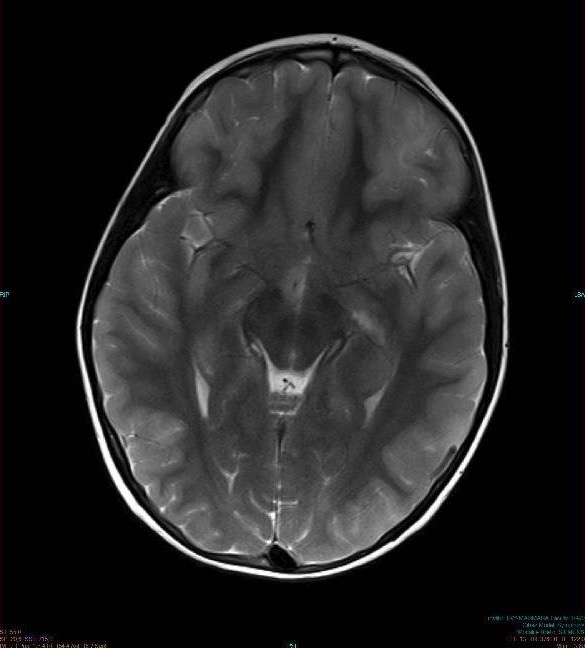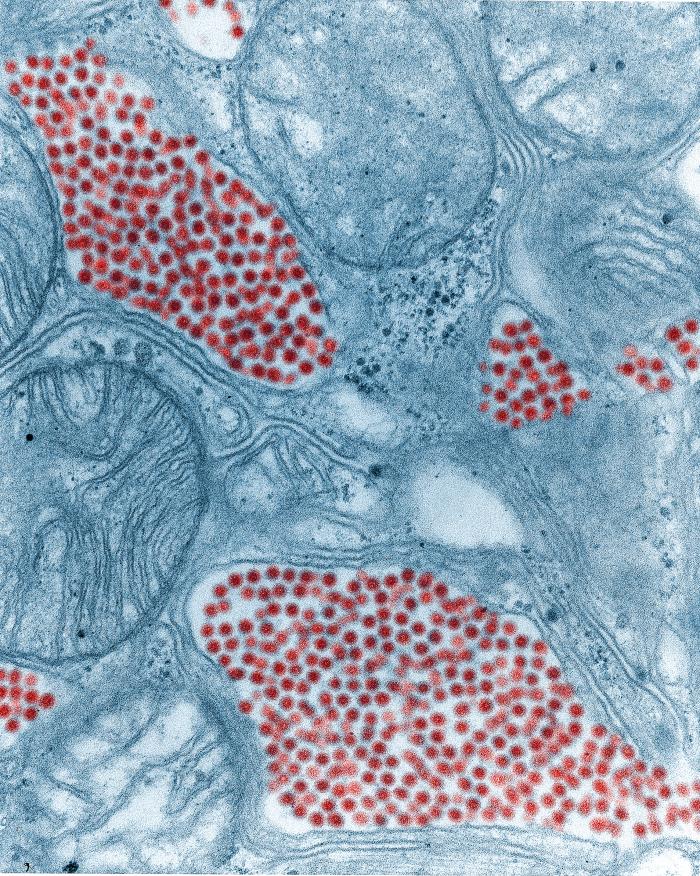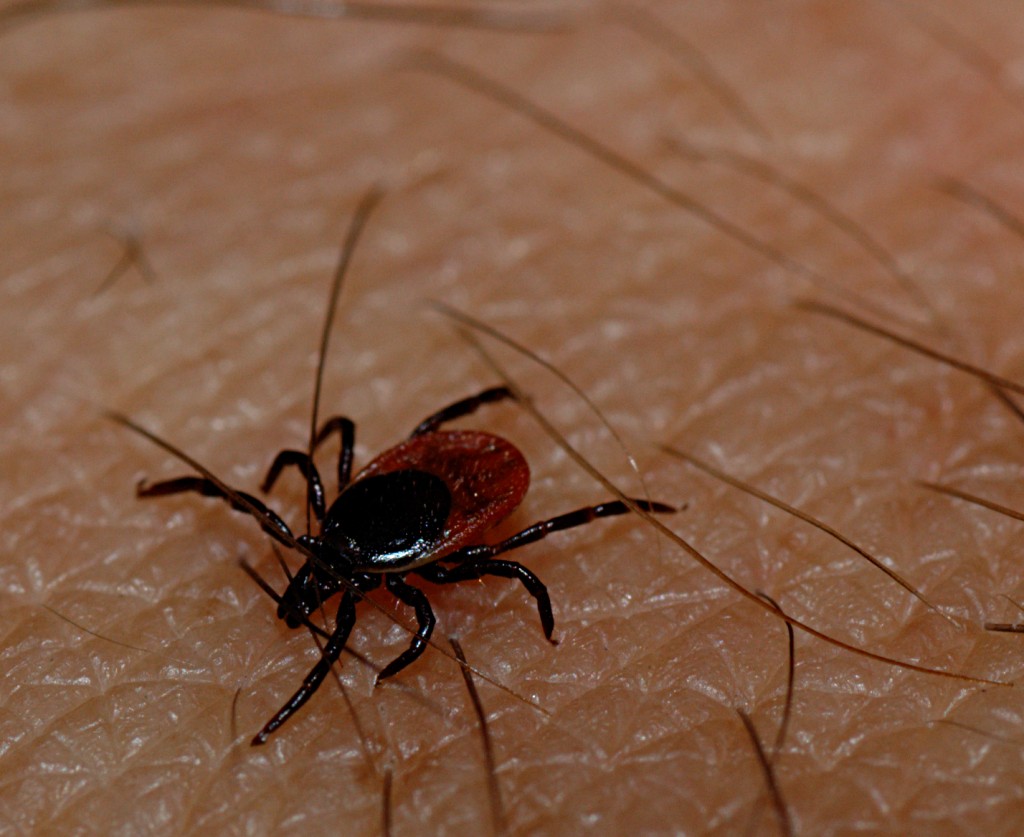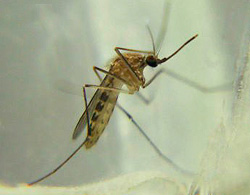Playlist
Show Playlist
Hide Playlist
Encephalitis: Supportive Management
-
Slides Encephalitis InfectiousDiseases.pdf
-
Reference List Infectious Diseases.pdf
-
Download Lecture Overview
00:00 unless the hospital is rampant with mosquitoes, which is unusual. and certainly you don't have to isolate them if it's been caused by a mosquito So, how do you manage patients with encephalitis? Well, if they are very sick, obviously, they have to be monitored in the intensive care unit. 00:13 Now, do you have to isolate them? We certainly don't have to isolate them for herpes virus. 00:19 They're not contagious if they have herpes encephalitis We certainly don't have to isolate them for herpes virus. 00:19 They're not contagious if they have herpes encephalitis unless they have some sort of active lesion on their mouth, genitalia or some kind of rash consistent. 00:31 So, generally, you don't have to isolate patients with herpes virus and certainly you don't have to isolate them if it's been caused by a mosquito unless the hospital is rampant with mosquitoes, which is unusual. 00:45 But if it's just encephalitis of unknown cause, then respiratory or contact isolation would be prudent. 00:53 If they have seizures, you’re going to manage those seizures with benzodiazepines acutely, and you would maintain them on fosphenytoin IV. 01:05 And the certainly increased intracranial pressure can occur and is dangerous, so the neurosurgeons will often put a continuously monitoring lead for increased intracranial pressure. 01:22 Corticosteroids may also be required; and if it's very severe, hyperventilation and IV mannitol. 01:34 Lumbar punctures need to be avoided in patients with increased intracranial pressure due to the scare of herniating. 01:46 As far as empirical therapy goes, sometimes you can't tell what's causing the encephalitis. 01:53 So, what you’ve got to do is treat everybody as if they had herpes simplex encephalitis and give IV acyclovir. 02:02 And that's the goal. 02:04 There's no proven benefit in other forms of encephalitis. 02:09 Now, if you know the patient also has influenza, if the viral studies indicate influenza, we would give oseltamivir, which is a neuraminidase inhibitor. 02:20 But looking at the mechanism of action, it doesn't honestly make a lot of sense that it would work well in the central nervous system, and so we need more data on whether it works. 02:33 So, in somebody with influenza encephalitis, we would give it. 02:37 Alternatively, peramivir is an IV antiviral that may be used for patients who cannot tolerate oral therapy, which may be an issue in patients with encephalitis. 02:46 Rabies is essentially untreatable, although there are one or two patients who have survived this. 02:54 And this was accomplished with inducing a coma and giving IV ribavirin. 03:05 In other words, we essentially induced coma in the patient with proven rabies and gave the patient enteral amantadine. 03:14 And this was done on a 15-year-old girl. 03:18 Her survival was reported in The New England Journal of Medicine. 03:22 So, using that model, we are treating patients with that kind of a model. 03:30 But there have been patients treated that way that have not survived. 03:34 And that brings us to the end of our discussion about encephalitis.
About the Lecture
The lecture Encephalitis: Supportive Management by John Fisher, MD is from the course CNS Infection—Infectious Diseases. It contains the following chapters:
- Encephalitis – Supportive Management
- Viral Encephalitis – Antimicrobial Therapy
Included Quiz Questions
Which of the following patients should be put on contact and respiratory isolation?
- A patient with encephalitis of unknown cause
- A patient with herpes encephalitis
- A patient with West Nile viral encephalitis
- A patient with Japanese encephalitis
- A patient with California encephalitis
Which of the following treatments may benefit a patient with increased intracranial pressure due to viral encephalitis?
- Corticosteroids
- Lumbar puncture
- Benzodiazepines
- Empirical antibiotic treatment
- Neurosurgery
Which of the following is the most appropriate empiric therapy in a patient with findings suggestive of viral encephalitis?
- Intravenous acyclovir
- Oral oseltamivir
- Simple fluid resuscitation
- Coma induction
- Enteral amantadine
Customer reviews
5,0 of 5 stars
| 5 Stars |
|
5 |
| 4 Stars |
|
0 |
| 3 Stars |
|
0 |
| 2 Stars |
|
0 |
| 1 Star |
|
0 |







